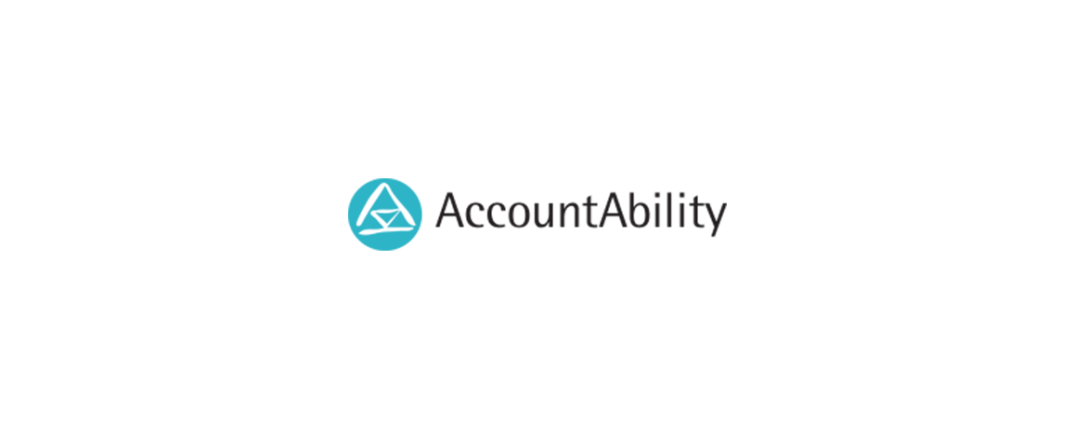
AA1000SES (2015) refers to the 2015 version of the AA1000 Stakeholder Engagement Standard, first created in 2006. The AA1000SES is a widely recognised and respected framework developed by an international and diverse team of sustainability experts to guide organisations in effectively engaging with their stakeholders in the context of sustainability, corporate social responsibility, stakeholder relations and community development.
The standard provides a comprehensive approach to stakeholder engagement, showing how to mobilise transparency, inclusivity, and accountability to help you achieve your most ambitious results. It is designed to help establish and maintain meaningful relationships between stakeholders, ensuring that all interests and concerns are considered in decision-making processes with broad impacts.
Key elements of the AA1000SES (2015) include:
1. Context and Scope: Organisations are encouraged to be very clear about:
a) the purpose and objectives of their stakeholder engagement efforts,
b) the issues and opportunities at stake from the perspective of each individual’s perspective, and,
c) who the stakeholders are and how they would like to be engaged.
2. Commitment: The standard outlines a set of principles to which organisations must commit to guide effective stakeholder engagement, including inclusivity, materiality, responsiveness, and accessibility; ensuring all voices are heard, acknowledged and responded to.
3. Framework: The AA1000SES offers a structured framework for stakeholder engagement, involving various stages such as planning, identification, prioritisation, engagement, and evaluation that can also tie-in with best practice project management if so wished.
4. Methods and Tools: It provides a range of methods and tools that organisations can use to engage with stakeholders, including proactive listening, surveys, interviews, workshops, public consultations, world cafes and partnerships.
5. Communication and Reporting: The standard emphasises how to achieve transparent and clear communication with stakeholders, as well as effective reporting back to all participants on engagement activities and how their input has influenced outcomes.
6. Continuous Improvement: Organisations are encouraged to learn from their stakeholder engagement efforts and continuously improve their practices based on feedback and lessons learned.
Overall, by adopting this standard, organisations have a practical guide to foster better relationships with stakeholders, enabling them to address the interests and concerns of stakeholders and practise better sustainable and responsible decision-making.
The full document can be downloaded here: https://www.accountability.org/standards/aa1000-stakeholder-engagement-standard/

